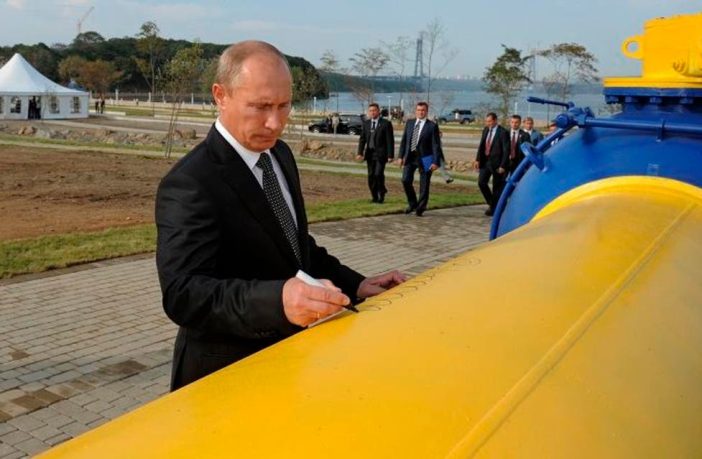- In the midst of a war in Ukraine and soaring gas prices, South Africa wants to urgently secure access to vast amounts of natural gas.
- The Central Energy Fund (CEF) released a tender last month, looking for a gas aggregator to help secure liquified natural gas (LNG) for various gas-to-power projects planned for the Coega special economic zone in the Eastern Cape.
- AmaBhungane has confirmed that SOCAR, the state-owned oil company of Azerbaijan, and Gazprombank, which is owned by Russia’s state-owned natural gas supplier Gazprom, are contemplating bids.
- Shell, which was expected to be a front-runner for the gas aggregator tender, has confirmed that it will not bid.
A gas aggregator is a wholesaler who imports LNG in bulk and sells it to smaller customers.
The tender is potentially lucrative: The average Gas Demand could be more than 200 million cubic feet per day. Such volumes can be managed through multi-billion rand contracts per annum. It would be recommendable to consider aggregating supply … so as to maximize the benefits of economies of scale,” the tender documents explain.
This translates to over 75mmillion MMBTU per year, the common unit of measure for natural gas when it is sold on the global market.
Before the Russian invasion of Ukraine, 1MMBTU was priced at roughly $26. At the beginning of March, 1MMBTU hit a record-high of $52. Even at pre-Ukraine prices, that would put the size of the potential contract at $2 billion (R29 billion) a year.
But that depends on the gas aggregator finding willing buyers. In Coega these would be independent power producers (IPPs) who will burn natural gas to generate electricity. Coega currently has no gas-to-power projects but hopes to secure a portion of the 3 000MW gas-to-power IPP programme which is scheduled to be rolled out later this year.
Gas aggregators are not unusual in the energy sector; Singapore has appointed several – including Shell and Exxon – to bring LNG into the country.
What is unusual is that CEF wants to partner with the oil and gas industry to set up a new state-owned gas trading entity to aggregate these multi-billion rand contracts.
“Since CEF has not been trading gas, there is an acknowledgment of a lack of capacity, systems, and processes. There is also an appreciation of the gas supply agreements’ complexity as they can be multi-year and multi-billion contracts with material risks,” the tender documents read.
“Therefore, for these reasons, CEF seeks to appoint a gas aggregator partner that will support CEF in establishing and capacitating a state-owned gas trading entity.”
This new state-owned entity “must start trading in the current year (2022)”, CEF added.
CEF is leaving it up to bidders to suggest a business model that will work, with the successful oil and gas company either taking an equity stake in the business, or merely providing technical advice to the new state-owned gas trading entity.
CEF also wants the gas aggregator to arrange a bank facility of up to R20 billion to fund day-to-day trading. The gas aggregator will also “assist in sourcing, negotiating, and concluding gas supply agreements” and develop hedging strategies to offset the volatility of the rand/dollar exchange rate.
Despite the size and complexity of the tender, CEF initially gave bidders just three weeks to respond.
The deadline for the gas aggregator tender has now been extended until the end of March but industry sources who amaBhungane spoke to were divided on how to interpret the tender: one felt that CEF was merely “fishing” for information; another described it as “pie-in-the-sky”; but two more warned that the contract could give one company backdoor access to supply, not just Coega, but the entire country.
Author: Susan Comrie
Read more on this exclusive story from the amaBhungane Centre for Investigative Journalism HERE

















